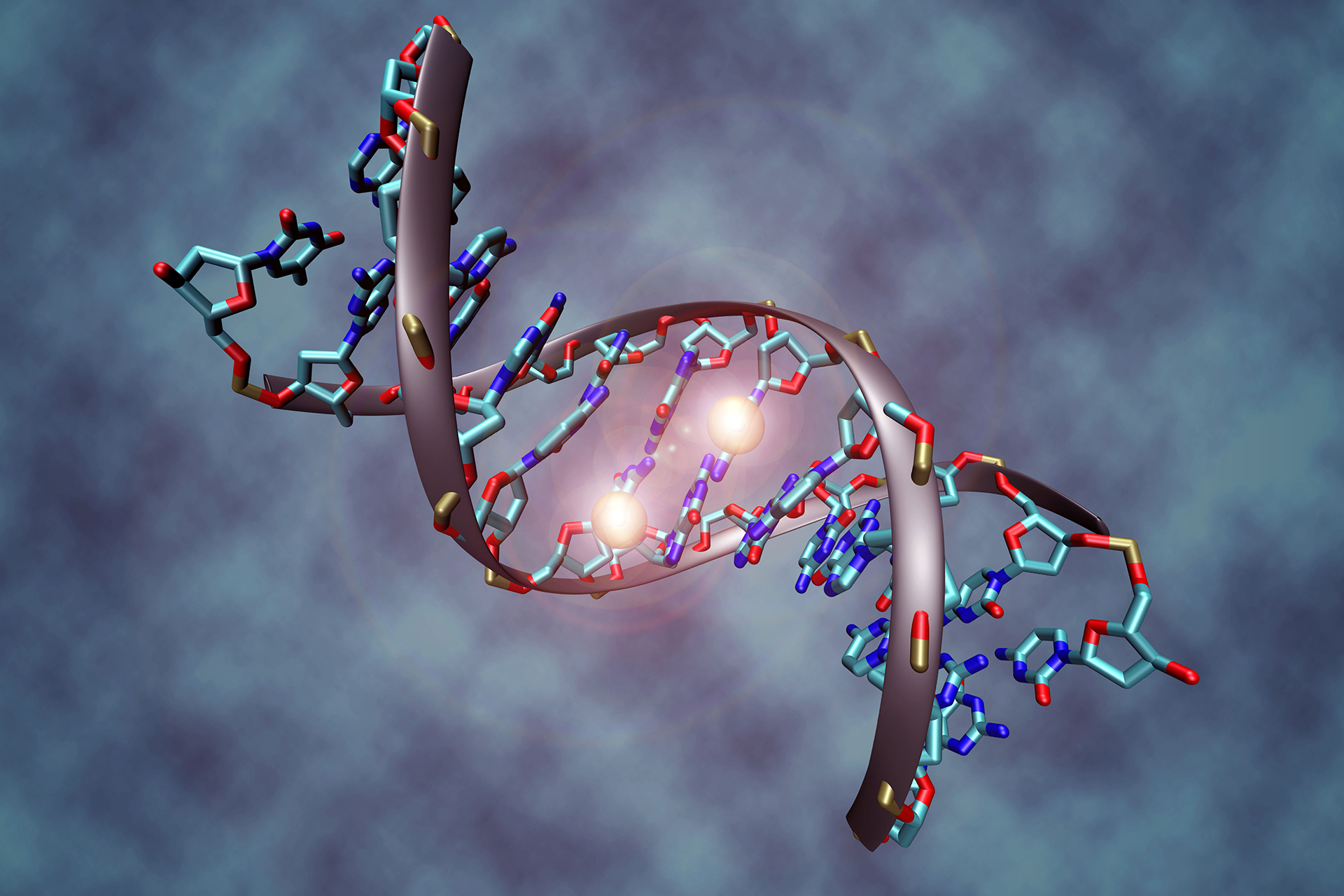Close, physical contact – or the lack of it - at an early age may lead to lasting changes to the genes, suggest researchers.
The team at the University of British Columbia in Vancouver, Canada, showed that babies receiving less physical contact during times of emotional distress developed a significantly altered epigenome compared with children receiving lots of contact. Their epigenomes were also under-developed by comparison.
'In children, we think slower epigenetic ageing could reflect less favourable developmental progress,' said Professor Michael Kobor, senior author on the study published in Development and Psychopathology.
The epigenome refers to the semi-permanent chemical changes or 'marks' added on to human DNA that can act as on/off switches for genes.
The team asked the parents of 94 five-week-old babies to keep daily diaries recording physical contact with their child and their infants' behaviours, such as sleeping and crying, during the duration of the study. DNA swabs were taken from the children four to five years later.
The researchers looked at a specific epigenetic change called DNA methylation. They found consistent differences in the methylation pattern between children who received a lot of contact, to those receiving less contact, at five DNA sites. Of these, two sites were within genes: one involved in metabolism and the other in the immune system.
The researchers were concerned by an additional finding: as people age their epigenomes alter according to a predictable pattern as genes are turned on and off during development. But the children who showed higher levels of emotional distress and received less physical affection had a younger 'epigenetic age' than they should have had.
'We plan to follow up on whether the "biological immaturity" we saw in these children carries broad implications for their health, especially their psychological development,' said lead author Dr Sarah Moore. 'If further research confirms this initial finding, it will underscore the importance of providing physical contact, especially for distressed infants.'
A second study published last week in JAMA Psychiatry also suggested that early emotional experiences may impact across generations. It found that the daughters of Finnish women who were evacuated to foster homes in Sweden during World War II as children were twice as likely to be hospitalised for a psychiatric disorder than their female cousins whose mothers were not evacuated. No effect was seen for boys. The study used the Finnish National Archives to identify and study over 93,000 children of war evacuees.
Lead author Dr Torsten Santavirta, at Uppsala University in Sweden, told the New York Times that it was possible that trauma cause changes in gene expression that are then inherited, but that the team did not have access to genetic information in this study.
Sources and References
-
Trauma May Have Fallout Over Generations
-
Babies Who Get More Cuddles Have Their Genetics Changed For Years, Study Shows
-
Holding infants — or not — can leave traces on their genes
-
Epigenetic correlates of neonatal contact in humans
-
Association of the World War II Finnish Evacuation of Children With Psychiatric Hospitalization in the Next Generation






Leave a Reply
You must be logged in to post a comment.